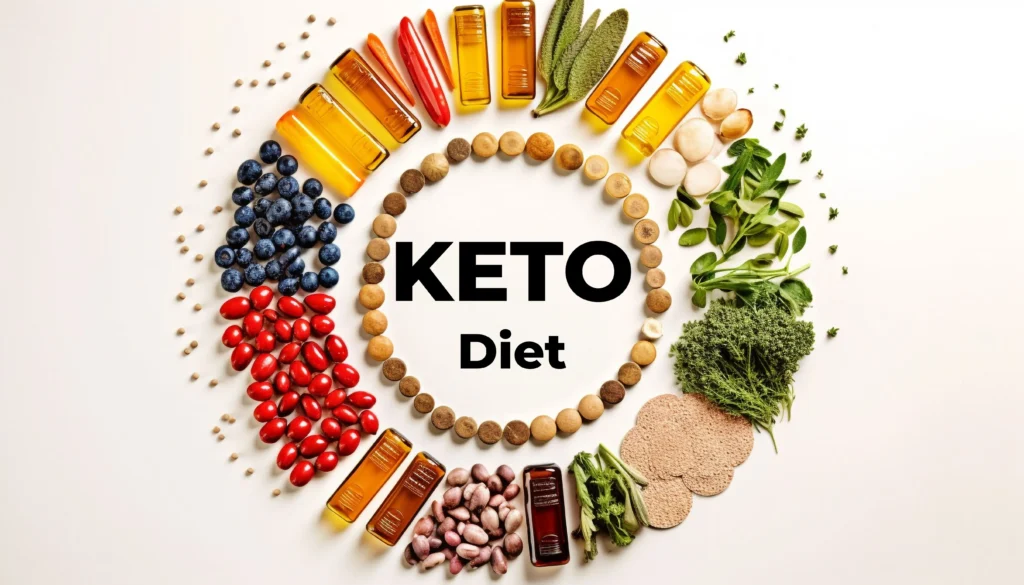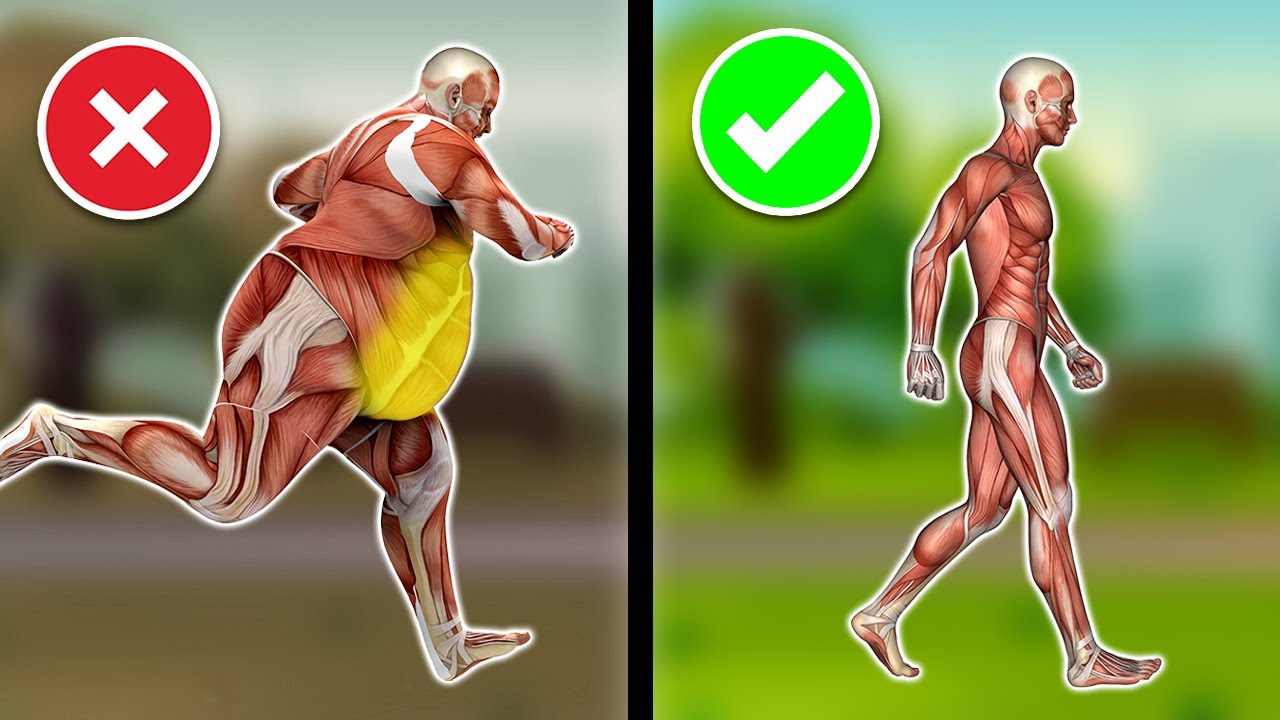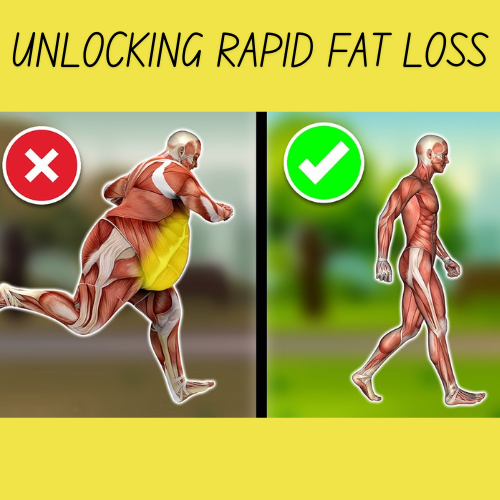Table of Contents
ToggleIntroduction
Embarking on a journey towards fat loss is a common aspiration for many individuals. In this guide, we will explore effective strategies to help you achieve your fat loss goals efficiently and sustainably.
Understanding Fat Loss
Fat loss is the process of reducing body fat through the burning of excess calories. Understanding the mechanisms behind fat storage and metabolism is crucial for successful fat loss endeavors.
Key Strategies for Fat Loss
-
Nutrition for Fat Loss:
- Caloric Deficit: Creating a caloric deficit by consuming fewer calories than you expend is essential for fat loss.
- Balanced Diet: Focus on nutrient-dense foods while controlling portion sizes to support overall health and fat loss.
- Whole Foods: Prioritize whole, unprocessed foods such as fruits, vegetables, lean proteins, and whole grains to fuel your body effectively.
- Meal Timing: Experiment with meal timing strategies to optimize energy levels and promote fat burning throughout the day.

-
Exercise for Fat Loss:
- Resistance Training: Incorporate strength training exercises to build lean muscle mass, which increases metabolic rate and promotes fat loss.
- Cardiovascular Exercise: Engage in cardio activities like running, cycling, or swimming to enhance calorie expenditure and cardiovascular health.
- High-Intensity Interval Training (HIIT): Incorporate HIIT workouts to maximize calorie burn and improve metabolic efficiency.
- Consistency: Establish a consistent exercise routine to maintain momentum and achieve long-term fat loss goals.

-
Lifestyle Factors for Fat Loss:
- Sleep: Prioritize quality sleep to regulate hormones involved in appetite control and metabolism.
- Stress Management: Practice stress-reduction techniques such as meditation, yoga, or deep breathing to minimize cortisol levels and support fat loss.
- Hydration: Stay hydrated throughout the day to optimize metabolic function and reduce cravings.
- Mindful Eating: Practice mindful eating by listening to hunger cues and savoring each meal to prevent overeating.

Effective Strategies
- Set SMART Goals: Establish Specific, Measurable, Achievable, Relevant, and Time-bound goals to guide your fat loss journey.
- Monitor Progress: Keep track of your food intake, exercise routine, and body measurements to assess progress and make necessary adjustments.
- Prioritize Protein: Include lean protein sources in your meals to support muscle growth, satiety, and fat loss.
- Incorporate Strength Training: Integrate resistance exercises into your workouts to build and maintain lean muscle mass.
- Embrace Cardiovascular Exercise: Engage in regular cardio sessions to increase calorie burn and improve cardiovascular health.
- Experiment with HIIT: Incorporate HIIT workouts into your routine to maximize fat burning and metabolic rate.
- Practice Portion Control: Be mindful of portion sizes to manage calorie intake and support fat loss goals.
- Stay Consistent: Maintain consistency with your nutrition and exercise habits to achieve sustainable fat loss results.
- Prioritize Recovery: Allow your body adequate time to rest and recover between workouts to prevent burnout and injuries.
- Seek Support: Surround yourself with a supportive community or seek professional guidance to stay motivated and accountable on your fat loss journey.

Conclusion
Achieving fat loss requires a holistic approach that addresses nutrition, exercise, and lifestyle factors. By implementing effective strategies, setting realistic goals, and staying committed to your journey, you can unlock the path to sustainable fat loss and improved overall well-being. Remember, every step forward, no matter how small, brings you closer to your fat loss goals.




